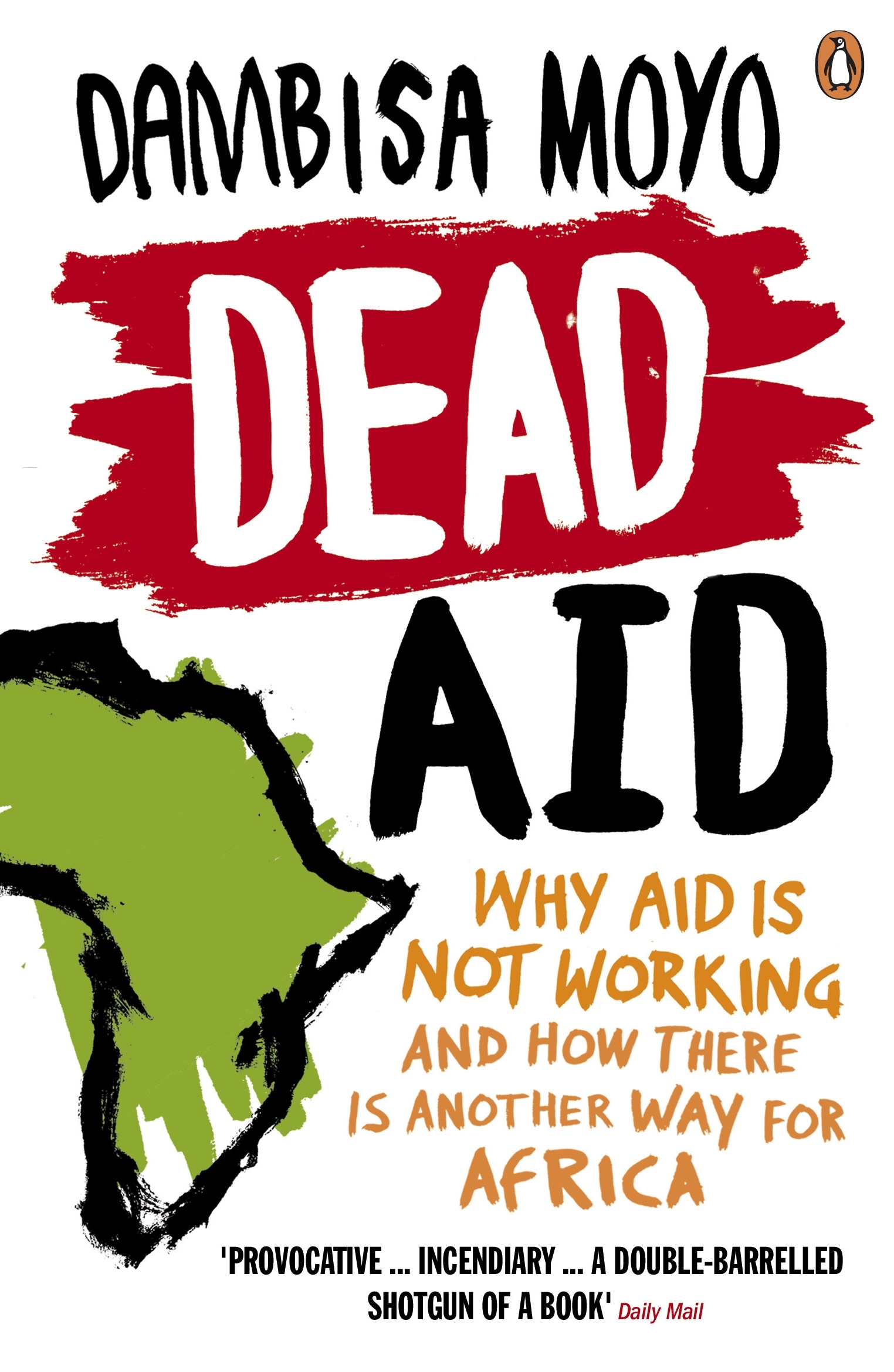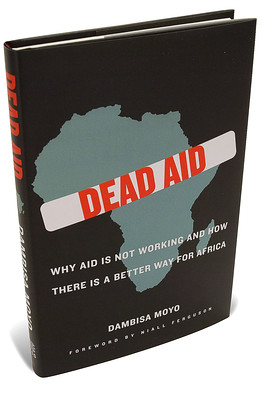


She also notices that this did not happen, but forgets to discuss why aid was given over a very long time (during the so-called Cold War). In a short sketch of the history of aid, she mentions the hope that aid could trigger higher investments and higher income. Moyo’s chain of arguments is as follows: She concentrates on systematic help (mainly money given to countries) emergency or humanitarian aid is out of her scope (Moyo (2009) p.7). Then the approach of the so called Poverty Reduction Strategy Papers is introduced. In the next section we compare the empirical data of some African countries to Moyo’s argumentation. Then we discuss it but take into account some additional facts not regarded by Moyo. Because of this fact it’s worth to take a closer look at her argumentation and highlight some weaknesses.Īt first we sketch their argumentation. Today, Moyo seems to be the best known person in this group for the public.

She is not the first person who takes this path (in 1991 Axelle Kabou wrote the famous book “Et si l’Afrique refusait le développement?” and some work of William Easterly (Easterly (2011)) is more or less similar to the work of Moyo). The book made her to some kind of a shooting star (Moyo (2011)) in the group of people who blame African countries itself for their development problems. In 2009 Dambisa Moyo published her book “Dead Aid - Why aid is not working and how there is another way for Africa” (Moyo (2009)) in which she critics very heavily the aid given to Africa. Instead of stopping aid, a better way to overcome some side effects would be the ne- gotiating of goals and the conditionality of aid in a partnership before aid starts, as proposed in the Poverty Reduction Strategy Papers. Although there are problems re- lated to aid, a different approach to solving the problem is suggested.

It is also shown that empirical times series data from the World Bank and the United Nations Development Programme (UNDP) do not prove Moyo’s conclusion. In this paper Moyo’s arguments are analysed and some weaknesses are highlighted. She tries to demonstrate that these arguments are wrong and that aid is therefore harmful. Her reasoning is based on the arguments of aid sup- porters. Dambisa Moyo argues in her book “Dead Aid” that systematic aid given to African countries has terrible effects and should be stopped she regards aid as the problem, not the solution to development issues (Moyo (2009) p.47).


 0 kommentar(er)
0 kommentar(er)
